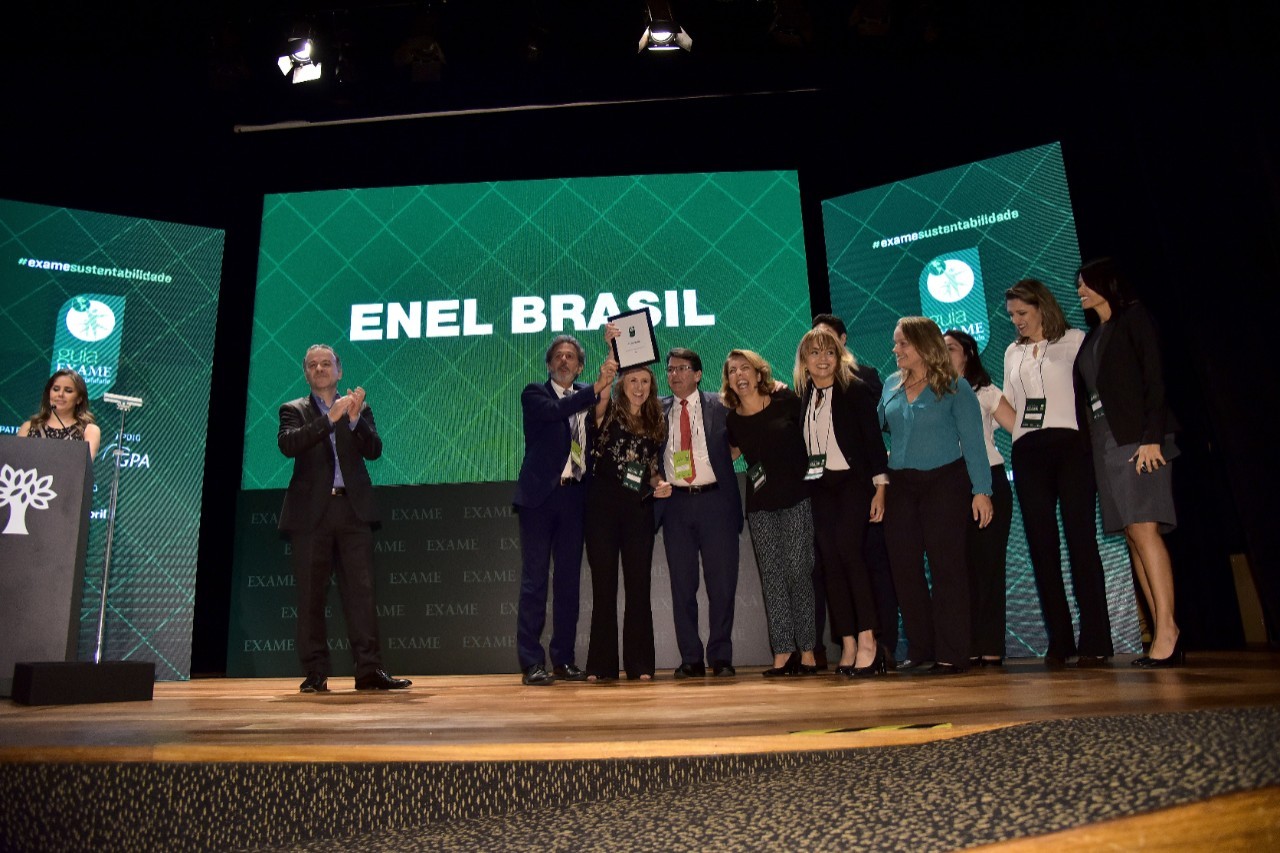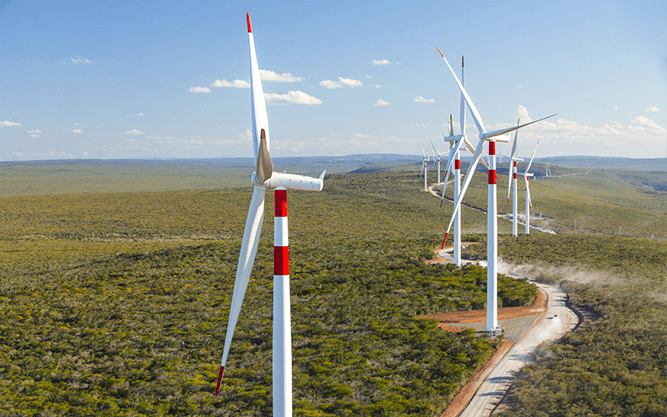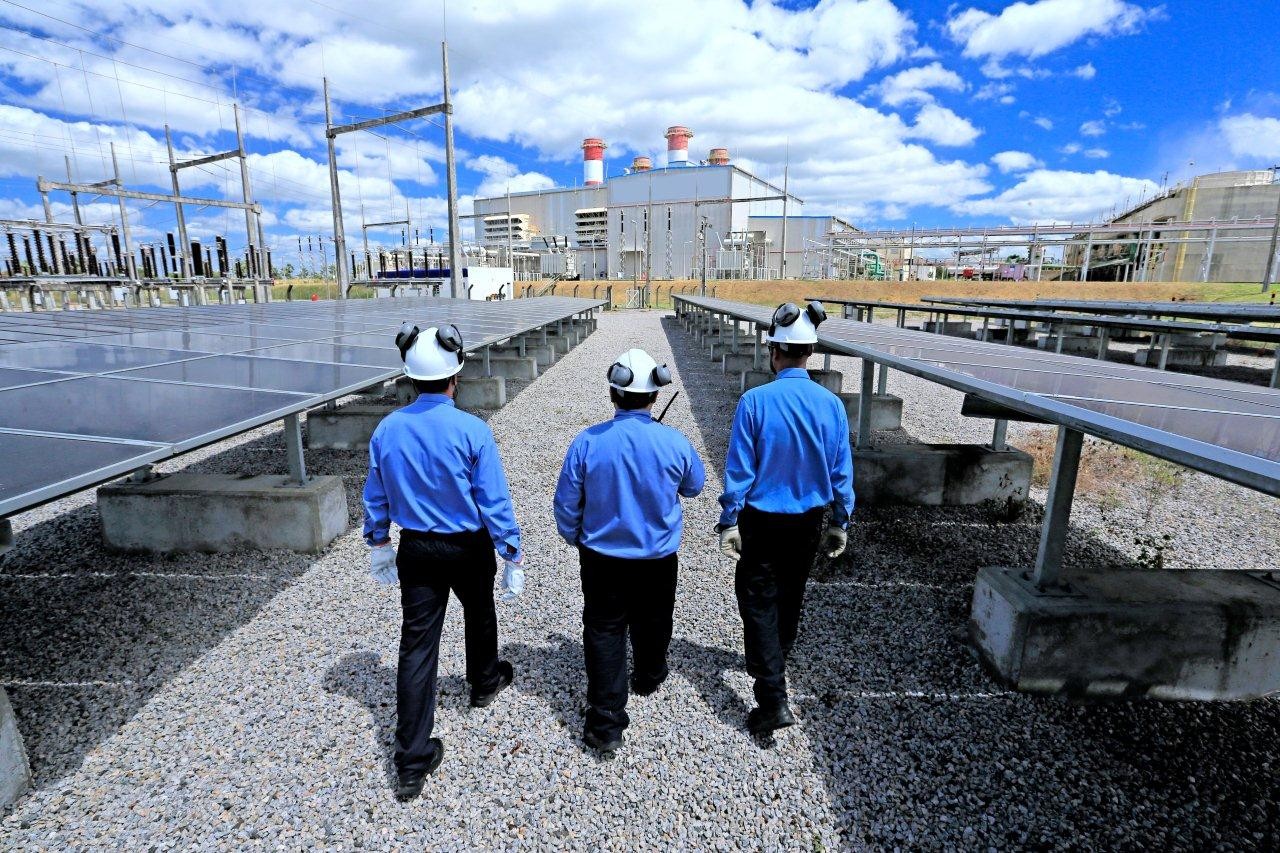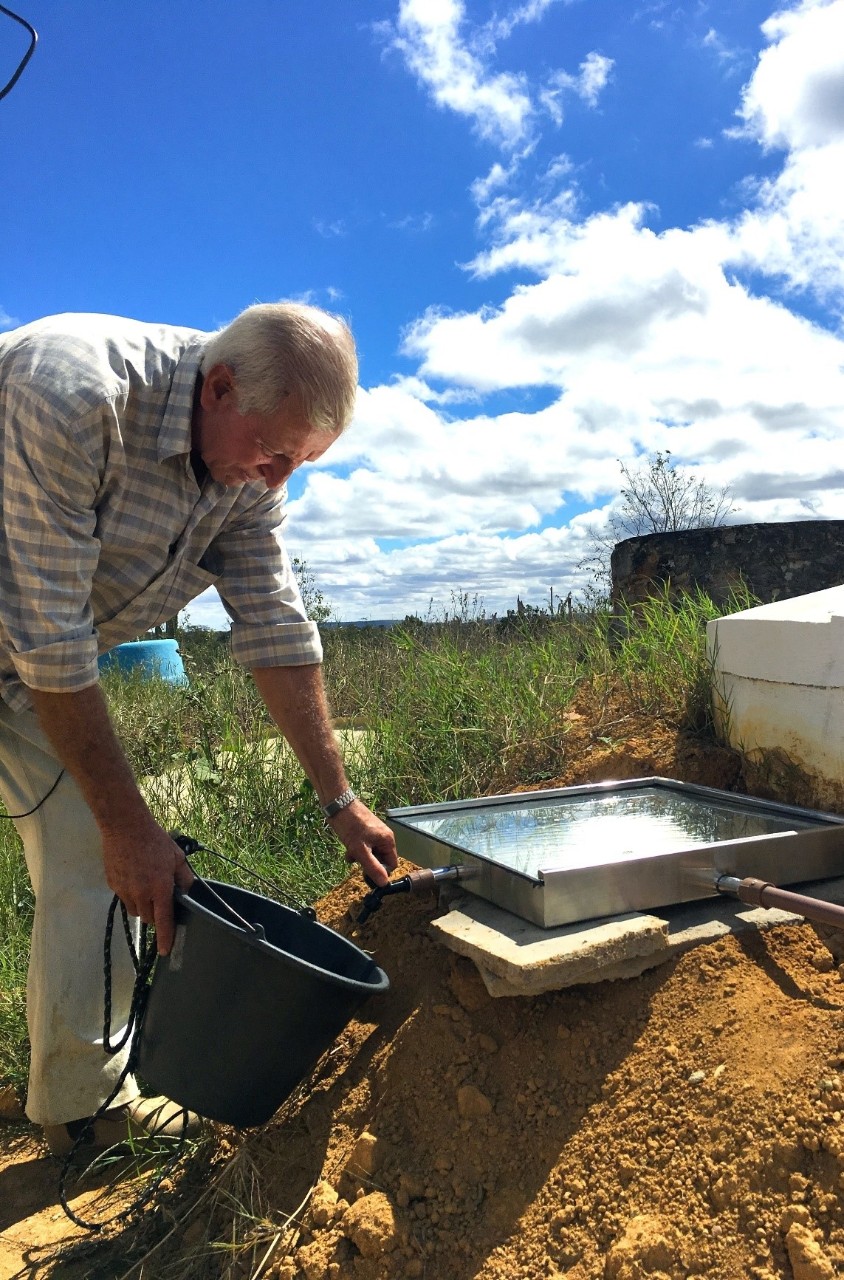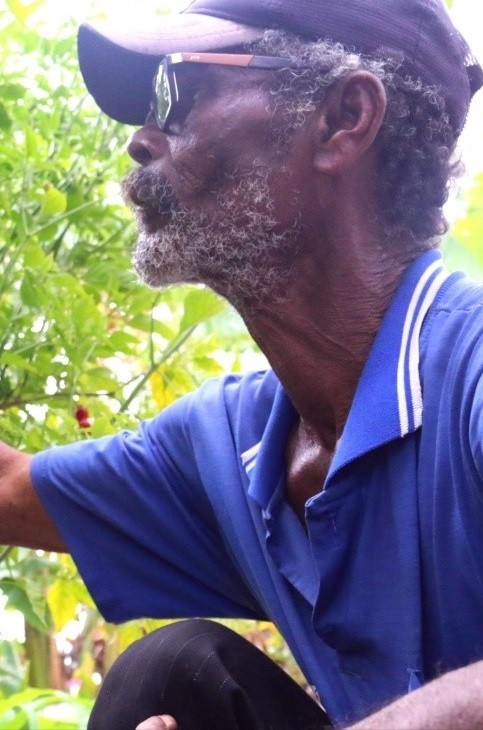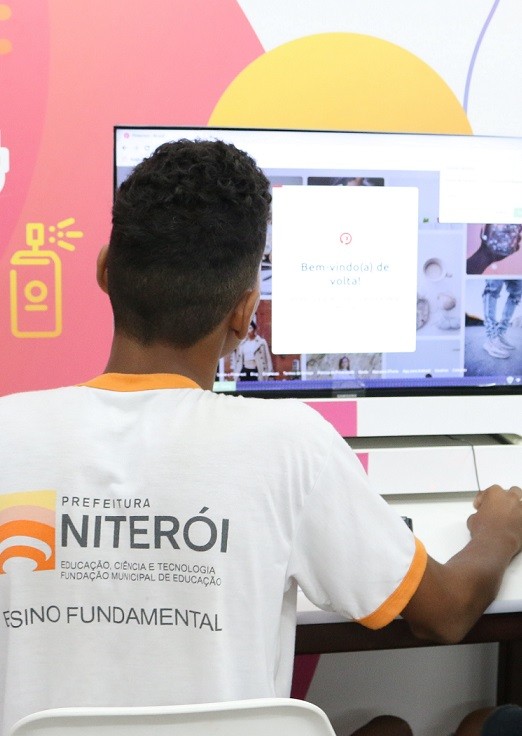Talking to those who are far away, watching TV, working, cooking, and taking a hot shower. How would it be to live without ever having had access to electricity, which enables a large part of our daily actions?
The Kalunga quilombola (descendants of escaped slaves) community is located in the north of Goiás, in a hard-to-reach area around 500km from Goiânia. With an incredible history – a refuge for slaves for around 300 years, “discovered” only in 1982 – it hosts hundreds of residents who have never had access to electricity.
Ubirani Fernandes is 36 years old and is one of them, born and raised in the community. Every day, he used to get up early, look after the subsistence farmstead – where he plants crops such as cassava, rice, beans, sugar cane and pumpkin. He went back home for dinner and, after that, it was time to sleep: “We couldn’t eat dinner after 5pm because of the darkness. We used lanterns to illuminate in the evening,” he says. Nilcene da Rosa, another resident of the village, adds: “Things were very hard because everything was fuelled by kerosene. So when the kerosene ran out, sometimes we used straw as a fuel to light up. Neighbours’ visits only happened before dark. We couldn’t have a fridge, a stereo, a TV, or have the clarity also in the evening.”
One day, these people’s routines changed: electricity arrived at the Kalunga quilombola for the first time. Thanks to the novelty, some months ago the community could perform many other activities, enjoying all the benefits that electricity has to offer.
Nilcene explains that, with the arrival of electricity, her life has improved because she now has more time to do her activities, as well as having access to cold water and food storage: “This has completely changed our settlement,” she celebrates. Melcina dos Santos, another local resident, is also excited about the new development: “Now it will get busier. I never thought we’d have electricity here and now we even have fridges! Before electricity, what went off we had to throw away. Enel brought happiness. Even sleeping is more relaxed! Before it was very dark, we were a bit afraid.”
More than 2,000 new connections and hundreds of families at the location will benefit from the new electrical grids, some of them powered by solar energy. The residents also received new fridges as part of the Enel Shares Efficiency project, expanding their comfort and food storage possibilities.
But those who think electricity only brings these values to the beneficiaries are mistaken. Romis dos Santos is 32 years old and has authority to speak on the subject: “I had an arduous fight in the farmstead here, but managed to graduate in Countryside Education and today I represent the whole community in the Cavalcante Kalunga Association. I can say that education here is very deprived, obsolete. This project enables changes in people’s lives. Today, children don’t need to study with an oil-fuelled torch. They can read a book for as long as they want. Also in agriculture there have been many benefits. Many things were thrown away because we didn’t have where to store foodstuffs, and today we have fridges.”
Difficult access to the community is a real logistical challenge, since not even cars can reach some locations. That is why the fact that energy has arrived there surprised Bertolino Moreira, another friendly community resident who benefitted from the project: “We didn’t have any hope that electricity would reach us here. I kept thinking how Enel arrived here as there are no roads. I even thought they’d bring these fridges by helicopter. They showed a lot of goodwill and courage. Now I only drink cold water!”, he jokes.
More than 200km of medium-voltage networks were already built in the region, enabling the connection of 400 new customers to the electrical grid. “The community is very happy to receive this progress. The base is now here and it’s called education and energy. I hope the future is bright, with victories. This was the main thing we dreamt of,” concludes Romis.


